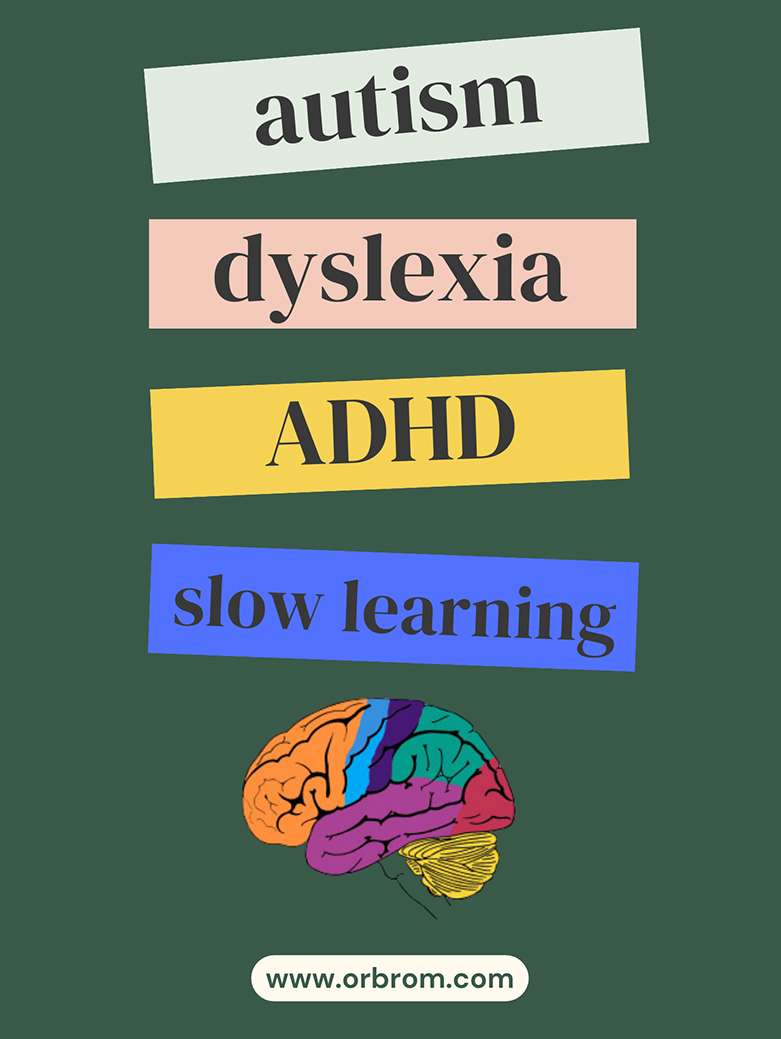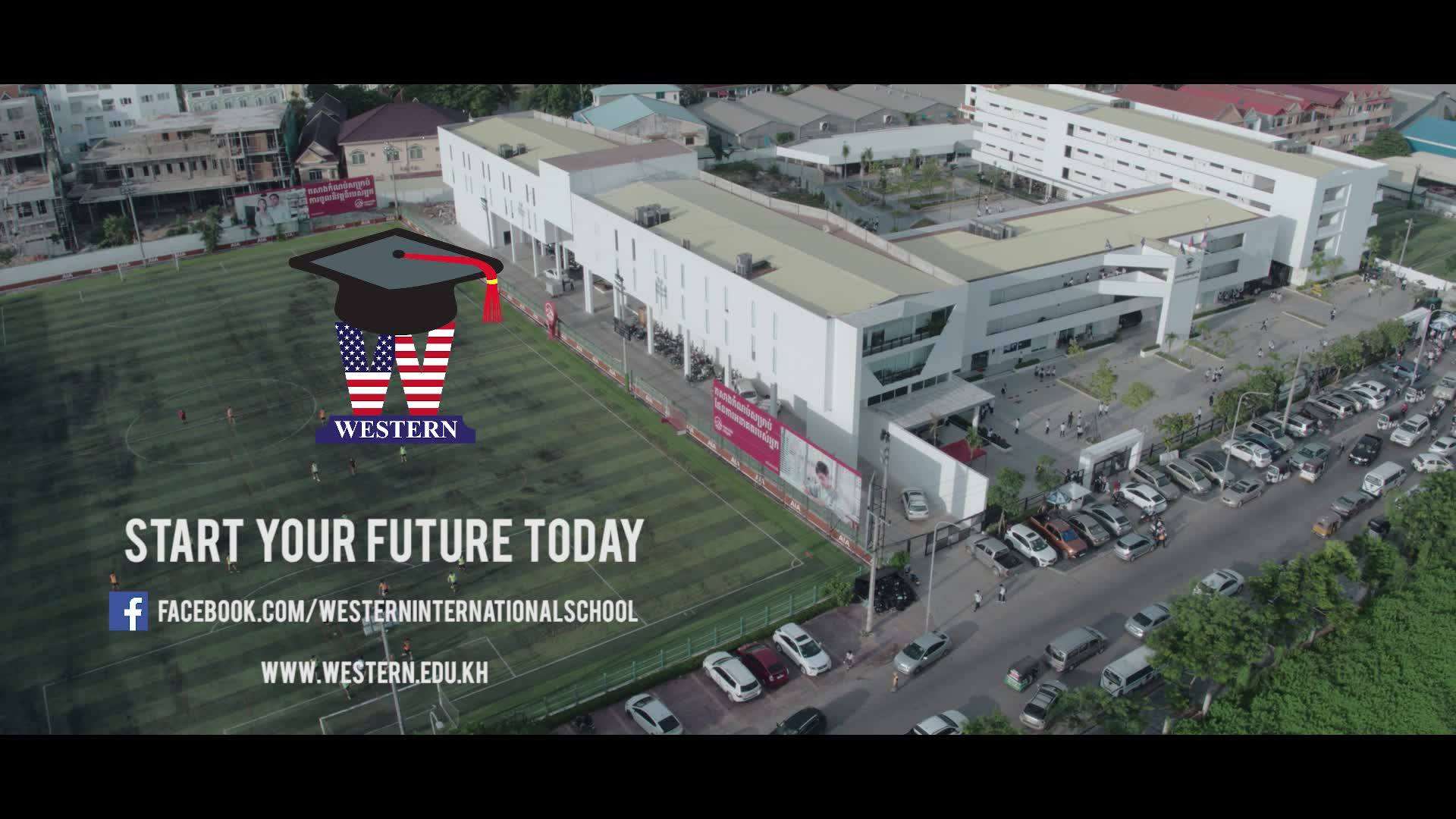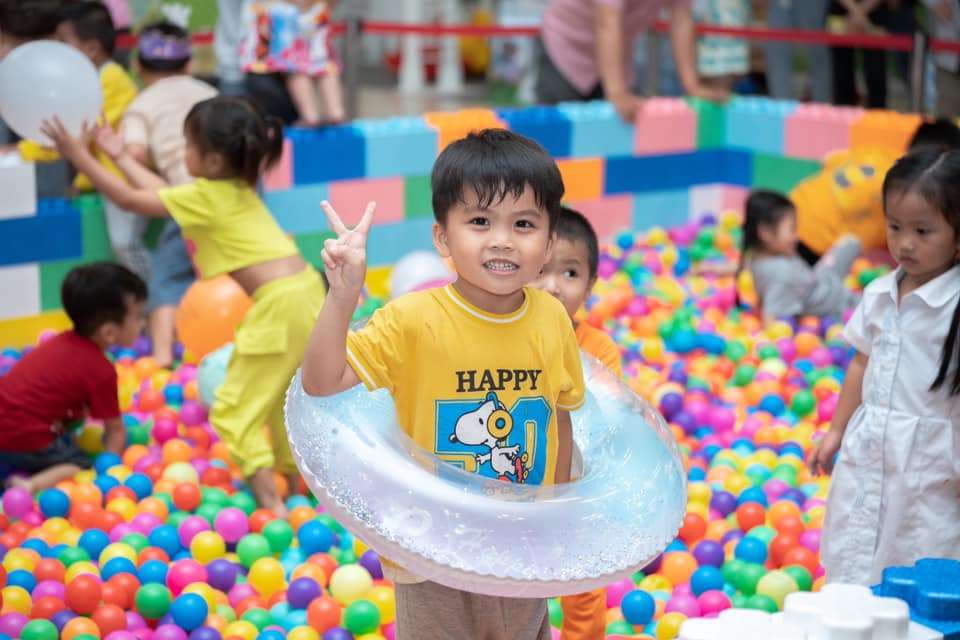The landscape of parenting is constantly evolving, shaped by societal shifts, technological advancements, and access to information. Today’s parents, navigating the complex world of “modern parenting,” face a unique set of challenges and opportunities. This blog delves into some prominent trends, examining their potential benefits and drawbacks, while acknowledging the multifaceted nature of this dynamic field.
1. Information Overload and the Rise of the “Expert Parent”: The internet has democratized access to parenting advice, creating a generation of hyper-informed individuals. While this can empower parents to make informed choices, it can also lead to information overload and decision paralysis. The constant influx of conflicting parenting philosophies and “expert” opinions can be overwhelming, making it difficult to discern what’s truly beneficial and what’s simply trendy.
2. Technology: Friend or Foe? The digital age has irrevocably altered the way families interact and consume information. While technology offers educational tools, communication platforms, and entertainment options, concerns arise regarding screen time, cyberbullying, and online safety. Striking a balance between harnessing the benefits of technology and mitigating its potential downsides is a crucial challenge for modern parents.
3. Individualized Approaches and the Decline of “One-Size-Fits-All”: Modern parenting recognizes the diversity of family structures, cultural backgrounds, and individual needs. Parents are increasingly moving away from rigid, traditional parenting styles, embracing more personalized approaches tailored to their children’s unique personalities and learning styles. This shift towards individualization, while liberating, can also present challenges in setting boundaries and maintaining consistency.
4. The Blurring Lines of Parent-Child Relationships: Modern parents often strive for a more egalitarian dynamic with their children, fostering open communication, collaboration, and emotional connection. However, this can sometimes lead to a blurring of lines between parental authority and child autonomy, potentially hindering the development of essential life skills like discipline and responsibility.
5. The Pursuit of “Perfect” Parenting and the Pressure Trap: The rise of social media has created a curated world of seemingly picture-perfect families, fueling a comparison culture and amplifying anxieties around parenting. The pressure to conform to idealized notions of “perfect” parenting can be detrimental, leading to feelings of inadequacy, guilt, and exhaustion. It’s important for parents to remember that their unique journey is valid, and seeking professional support when needed is a sign of strength, not weakness.
Conclusion: Modern parenting is a complex and evolving journey, with its own set of joys and challenges. While trends and philosophies may offer guidance, it’s crucial to remember that there is no single “right” way to raise a child. The most effective approach is likely a blend of informed choices, personalized strategies, and a healthy dose of self-compassion. By navigating the labyrinth of modern parenting with an open mind, critical thinking, and a focus on building strong relationships with their children, parents can create a nurturing environment that fosters individual growth and well-being.








Leave A Comment